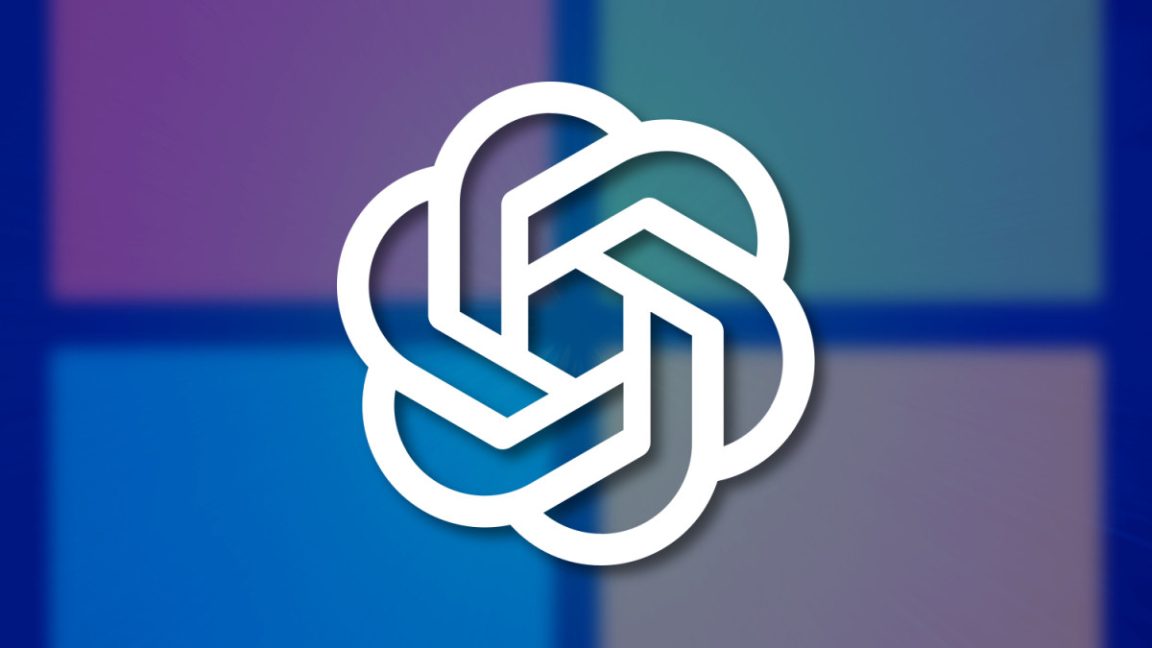In May OpenAI abandoned his plan to fully transform itself into a commercial company after pressure from regulators and critics. Instead, the company moved to a modified approach under which the nonprofit's board would retain control while converting its for-profit subsidiary into public corporation (PBK).
What has changed in the agreement
The revised deal extends Microsoft's intellectual property rights until 2032 and now includes models developed after AGI's announcement. Microsoft owns the intellectual property rights to OpenAI's model weights, architecture, inference code, and fine-tuning code until the panel validates the AGI or until 2030, whichever comes first. The new agreement also stipulates that OpenAI can officially release open weight models (e.g. gpt-us) that meet the required capability criteria.
However, Microsoft's rights to OpenAI's research methods, defined as proprietary methods used in model development, expire at the same thresholds. The agreement specifically excludes Microsoft from rights to OpenAI's consumer hardware.
The deal allows OpenAI to develop some products with third parties. API products built with other companies must run exclusively on Azure, but non-API products can work with any cloud provider. This gives OpenAI greater flexibility to partner with other technology companies while keeping Microsoft as its primary infrastructure provider.
Under the agreement, Microsoft can now develop AGI on its own or with partners other than OpenAI. If Microsoft uses OpenAI intellectual property to create AGIs before the panel makes an announcement, those models would need to exceed computational thresholds that are higher than what today's leading AI models require to train.
The revenue sharing agreement between the companies will remain in effect until the panel confirms that AGI has been achieved, although payments will be spread over a longer period. OpenAI has committed to purchasing $250 billion worth of Azure services, and Microsoft no longer has the right of first refusal as OpenAI's compute provider. This allows OpenAI to choose cloud infrastructure if it so chooses, although Azure's massive commitments mean it will remain the primary provider.








